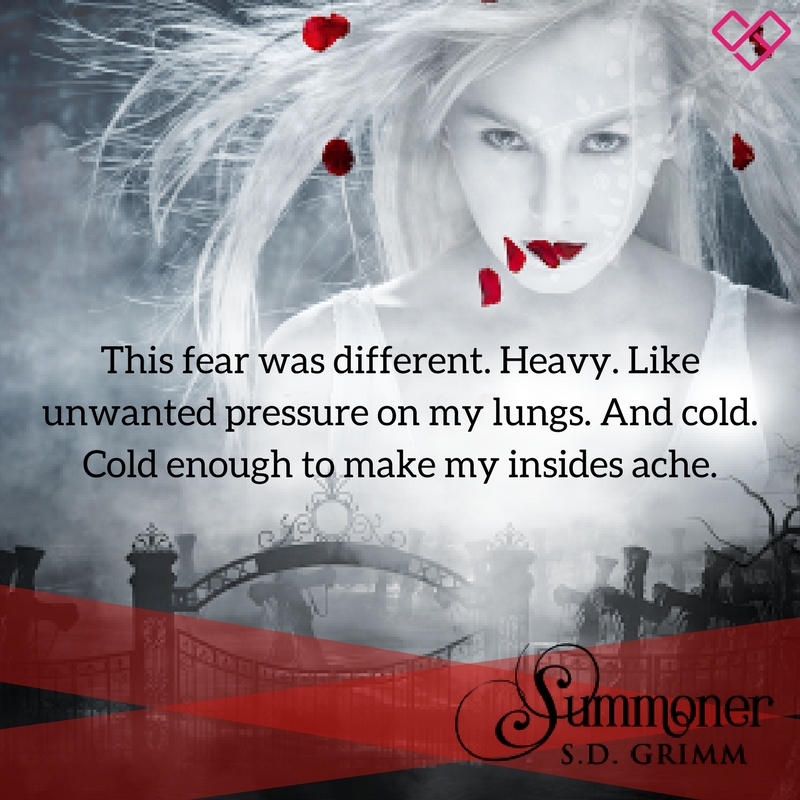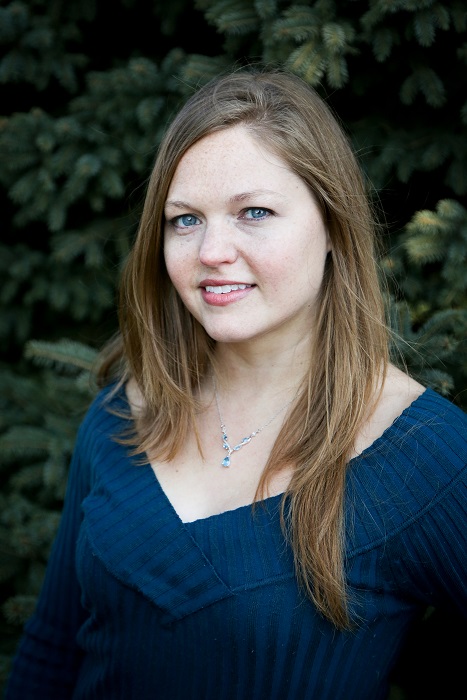I write fiction, and I love it. Fantasy, sci-fi, and my latest book is a dark fantasy paranormal, so it kisses the border of horror. If I’m being honest, it’s not a book I thought I’d write. It includes things like ghosts and divination and temptation. Did you catch that “D” word? Divination is one of those really bad, frowned-upon sins. I wondered how Christian readers would react to something like this in a novel written by another Christian.
I mean, my father-in-law is a pastor for crying out loud.
It begs the question: should Christians be putting evil things in their novels?
Well, I think so, yeah.
So I wrote a novel with divination. I wrote another with magical spells. I’ve put evil things in all of my books. But I don’t paint it as something “good.” I show it for what it is: evil.
So what does that look like? Well, in my dark fantasy/paranormal book, for example, evil’s not ugly. In fact, it’s quite seductive. The main character is drawn to this dark art. She gets a glimpse of it and finds it alluring in its own way.

Isn’t that what evil is? When we read Genesis, it doesn’t say that Eve was repulsed by the serpent. She didn’t run screaming from its ugliness. She listened to its words. She engaged with it. She followed the trail of temptation to the very thing she wasn’t supposed to do. And when she saw that the fruit she was forbidden to eat was good for food and pleasing to the eye and desirable for gaining wisdom, she took it and ate.
And then there were consequences. Severe, life-shattering consequences. As I told my children, when she disobeyed God, she broke the world.
And there was guilt. And shame.
That’s how much evil was packed into that fruit. Well, not exactly, but the wages of sin is death. That’s a hefty price for dabbling in evil. Isn’t it? I didn’t say it wasn’t just. And I’m not speaking out against God. He was merciful enough to give us a way out—a way of salvation. That price for our salvation, though, was death.
Someone had to die.
Because that’s what evil craves.
That’s the consequence of our sin.
I didn’t mean to turn this into a Bible lesson! But it does open my eyes to a clearer picture of what evil is. What it does. How it hides behind masks. How it tries to speak louder than the soft voice in our souls. The way it leaves us feeling cold inside only to offer a blanket—a warm, cozy, soft blanket so that we can hide what we’ve done.
As a Christian writer, when I portray evil in my stories, I want to make sure I’m not skimping. I mean, I don’t think evil should be shown for evil’s sake or in any way glorified. But what if it’s tempting to my characters? What if something about it is pleasing? Alluring? What if it’s easier? What if it seems to give us a desired result or pretends to be good? What if the big evil somehow mirrors choices my heroes had thought about making? These are questions I’ve thought about. And I think portraying evil in a way that all these things are possible is portraying evil sincerely.
So when I approach the evil and the villains in my stories, I keep a few things in mind.
First, it needs to fit the story world and plot (and therefore the story’s audience). If the evil done isn’t necessary for the plot or the villains don’t fit the world, then I’m deviating from the story. I can’t write an adult novel about serial killers without there being murders. But I wouldn’t write about serial killers if I were writing children’s fantasy. Be conscious of your readership and genre as well as story when you’re deciding how far to go. Remember that writing evil things for the sake of writing them will have no bearing on the plot, and it’s therefore not needed.
Second, the evil needs to be real. We live in the real world. We see evil in its tempting forms and when it’s grotesquely revealed in the light. Our story villains have motivation however sick, distorted, or skewed their perception may be. Our story heroes aren’t perfect. They’re flawed and we love that about them because we are also flawed. And we want to see how we can overcome the darkness, too. That hope drives our heroes and our readers.
Third, the consequences of evil need to be shown. We don’t want to glorify evil. If it tempts our characters into making mistakes or embracing the evil, there need to be dire repercussions. Conversely, when the hero finally turns from or defeats evil, how much brighter will that shine if he’s gone through the darkness himself?
A lit candle in a dark room might give off the same amount of light as one in a well-lit room. But the light piercing the darkness is more drastically visible.
So, yeah, I write evil in my novels. And I love crushing it.
***
 S. D. Grimm’s first love in writing is young adult fantasy and science fiction, which is to be expected from someone who looks up to heroes like Captain America and Wonder Woman, has been sorted into Gryffindor, and identifies as rebel scum. Her patronus is a red Voltron lion, her spirit animal is Toothless, and her favorite meal is second breakfast. She is represented by Julie Gwinn of the Seymour Agency, her office is anywhere she can curl up with her laptop and at least one large-sized dog.
S. D. Grimm’s first love in writing is young adult fantasy and science fiction, which is to be expected from someone who looks up to heroes like Captain America and Wonder Woman, has been sorted into Gryffindor, and identifies as rebel scum. Her patronus is a red Voltron lion, her spirit animal is Toothless, and her favorite meal is second breakfast. She is represented by Julie Gwinn of the Seymour Agency, her office is anywhere she can curl up with her laptop and at least one large-sized dog.

